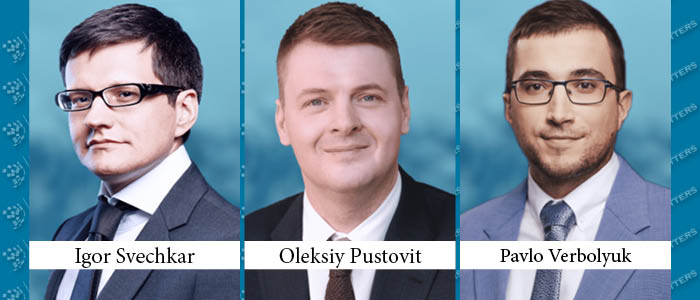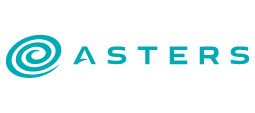On 9 August 2023, the Ukrainian Parliament passed an extensive set of amendments to the competition law. These currently await signature by the President and are expected to come into force on 1 January 2024, save for certain provisions that will become effective after martial law is lifted.
While the final text of the amendment is not yet available, it should introduce a long-awaited merger control reform, which, however, is unlikely to remove Ukraine from the list of usual filing destinations.
The notification thresholds generally remain unchanged, however, they may also catch transactions where a target is not present in Ukraine, but has worldwide turnover at a group level (i.e. including controlling parents) of more than EUR 150 million, provided that the acquirer has Ukrainian assets or turnover over EUR 8 million.
The reform partially resolves the problem of attributing the assets and turnover of the exiting seller to the target though. The assets and turnover of the seller(s) that cease to control the target post-transaction should not be counted towards the target anymore. This rule is subject to the condition, however, that the target does not have any assets in Ukraine, is not active in Ukraine and has not been during the two preceding financial years. This change should nonetheless exempt many foreign-to-foreign transactions with no local nexus from the Ukrainian merger clearance requirement.
The amendment further clarifies the non-full-functionality criteria for joint ventures to escape merger clearance, but reaffirms that such JVs are subject to antitrust (as opposed to merger) clearance.
The notion of assets (business), the acquisition of which qualifies as a concentration, is clarified and extended, now catching a wider range of tangible and intangible assets, including stocks and raw materials, debts, IP rights, etc.
Finally, the amendment rearranged the definitions of triggering events bringing in some ambiguity in respect of notifiability of acquisitions of voting stock of 25% or more.
A more detailed overview of the changes will follow in our separate alert once the full text of the amendment is released.
By Igor Svechkar and Oleksiy Pustovit, Partners, and Pavlo Verbolyuk, Counsel, Asters


